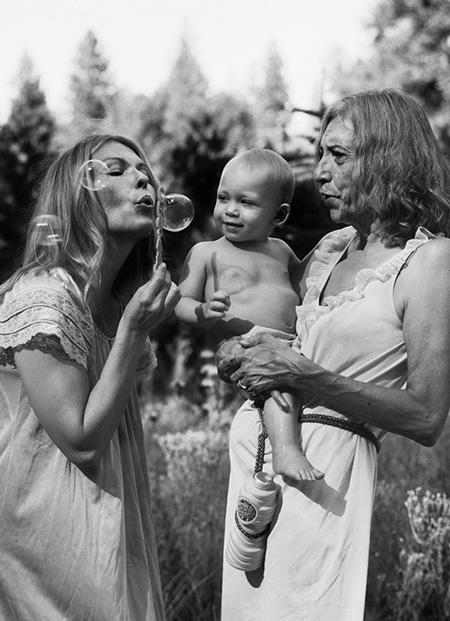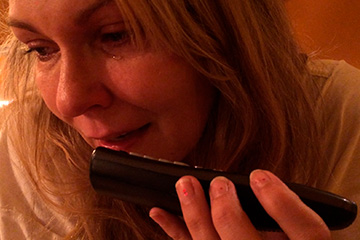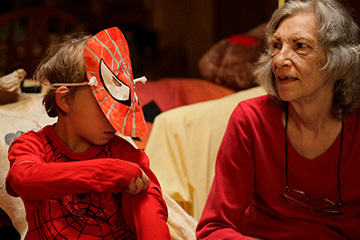Poetic, Striking,
Heartbreaking & Hopeful

Set on the periphery of the El Dorado National Forest, the city of Pollock Pines (pop. 6,871) lies in a veritable no-man’s land between the smoggy congestion of Sacramento and the cool blue of Lake Tahoe. This is where Bobbie has lived for over 30 years and it is also my childhood home. Bobbie Barbe was an alcoholic and a life-long victim of spousal abuse; more importantly, she was my Mother. I left home at 17 and hardly saw her again until the birth of my first son, Cory. He was both the thread between us and the credit for her late-in-life sobriety. When my mother was diagnosed with cancer, I took my young son with me on cross-country trips to visit his grandmother. Together, we built new memories, processed old pain, and captured our final years together through our favorite medium: film.
Filmed and photographed over a period of Ten years, Constant Fleeting, utilizes vérite family footage, photographs, audio recordings and collage to interrogate the themes of motherhood, marital abuse, alcoholism, forgiveness, and death with wrenching complexity and redemption.
Story
Logline
When a documentary filmmaker learns of her estranged mother’s cancer diagnosis, she wades through decades of familial secrets to film their final years together. Constant Fleeting shows us that it’s never too late to heal a lifetime of pain—and write a new story with the next generation.
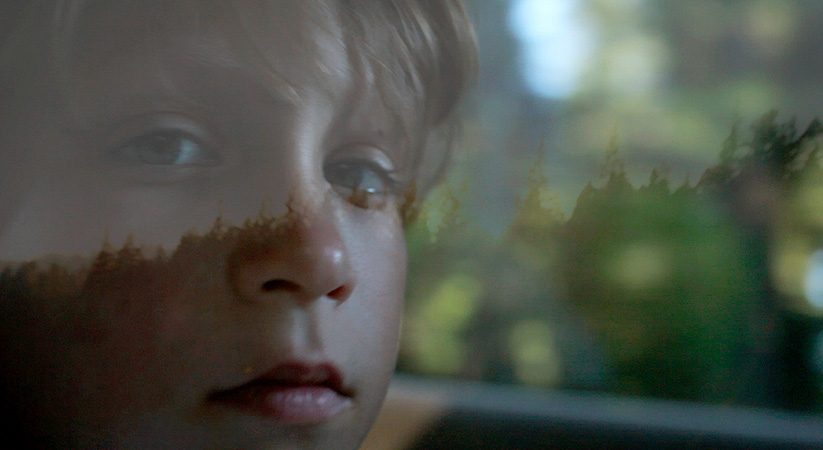
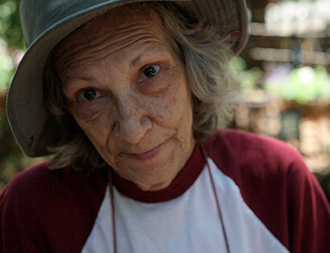
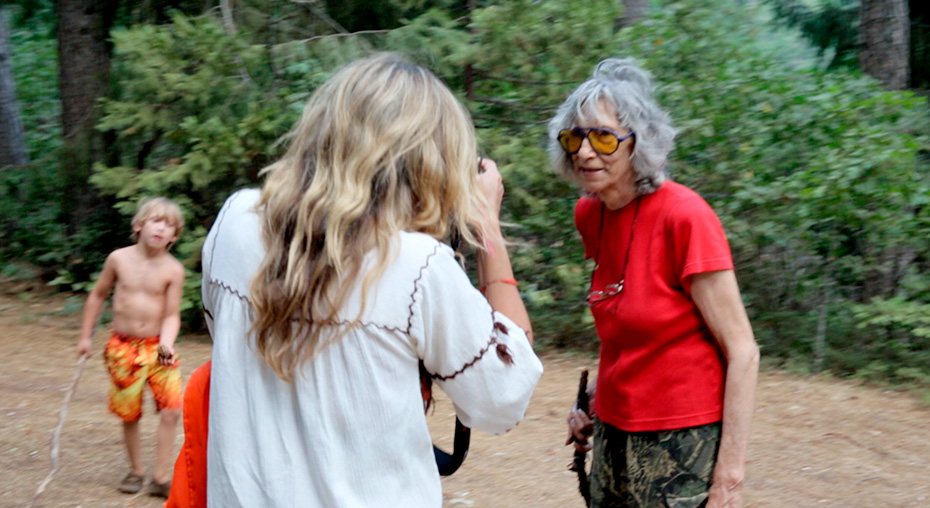
Memories, like Photographs, link us to our losses and remind us of our own passing moments, and since all we have in life are moments, what happens when things fall apart?
“The film also functions as a document of the filmmaker’s own transition into family life and motherhood. The birth of her son Cory has a bifurcating effect on Barbe in that it forces her to confront lurking memories of a chaotic and abusive childhood while also serving as the impetus for her mom getting sober for the first time in her life. Her mother’s capacity for healthy parental love is revived through her grandson’s birth and for one remarkable (and fleeting) moment, both women experience the joy of starting all over again.” Amber Power
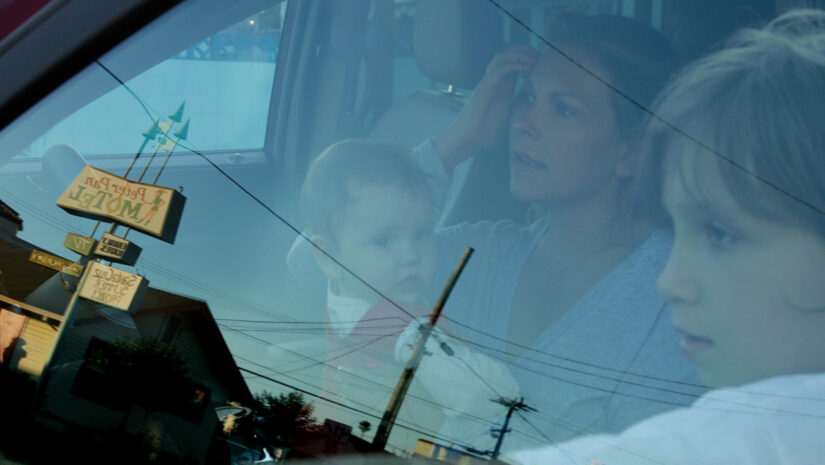

The passage of time unfolds gradually through a series of exchanges with Bobbie, who openly reflects on her own life as she declines before our very eyes. Even as her health fails, we see her light up with joy when she speaks with my son—her grandson. Just seeing her reflected in his eyes as he talks with her, laughs with her, plays games with her—it’s the power of making up for lost time, the ultimate do-over: redemption.




